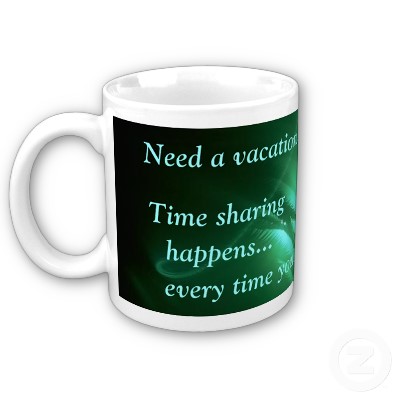 I am continuing to peruse the Federal Communication Commission’s latest regulations for Low Power FM stations. The FCC promises an application window around October. Some of the rules make obvious sense. Others strike me as pretty gnarly, the gnarliest among them the provisions for voluntary and involuntary time sharing of LPFM stations. I wonder how well they will work.
I am continuing to peruse the Federal Communication Commission’s latest regulations for Low Power FM stations. The FCC promises an application window around October. Some of the rules make obvious sense. Others strike me as pretty gnarly, the gnarliest among them the provisions for voluntary and involuntary time sharing of LPFM stations. I wonder how well they will work.
Here is background: applicants will compete for 100 watt LPFM licenses when the window opens. In some metropolitan areas, they will be competing for as few as two under optimal circumstances, or perhaps just one. It should be noted that more licenses would become available if the FCC opened up the service to 50 and 10 watt [“LP-50” and “LP-10”] stations, as requested by various petitioners, including “Let the Cities In,” Media Alliance, and Common Frequency.
But that hasn’t happened yet. In any event, LP-100 applications will earn points for meeting various criteria, including:
1. an “established community presence”
2. a pledge to “originate locally at least eight hours of programming per day.”
3. a “main studio” with “local program origin capability,” staffed at least 20 hours a week between 7 a.m. and 10 p.m., that is located from 10 to 20 miles of the transmitting antenna, depending on the size of the relevant market.
4. No attributable interest in any other broadcast station.
5. A tribal applicant serving tribal lands.
So what happens if multiple “mutually exclusive” applicants all score the same number of points? Here’s how the FCC has worked it out. Two or more applicants can propose a voluntary time sharing deal, which is just like it sounds: they’ll share the frequency, presumably on a 50/50 basis or some variant thereof.
But if none of the applicants agree to sharing, it can be imposed on them anyway, as per the Commission’s Order:
If a mutually exclusive group has three or fewer tied, grantable applications, the Commission will simultaneously grant these applications, assigning an equal number of hours per week to each applicant. The Commission will determine the hours assigned to each applicant by first assigning hours to the applicant that has been local . . . for the longest uninterrupted period of time, then assigning hours to the applicant that has been local for the next longest uninterrupted period of time, and finally assigning hours to any remaining applicant.
The Commission will offer applicants an opportunity to voluntarily reach a time-sharing agreement. In the event that applicants cannot reach such agreement, the Commission will require each applicant subject to involuntary time-sharing to simultaneously and confidentially submit their preferred time slots to the Commission.
If there are only two tied, grantable applications, the applicants must select between the following 12-hour time slots (1) 3:00 am – 2:59 pm, or (2) 3:00 pm – 2:59 am. If there are three tied, grantable applications, each applicant must rank their preference for the following 8-hour time slots: (1) 2:00 am – 9:59 am, (2) 10:00 am- 5:59 pm, and (3) 6:00 pm-1:59 am.
The Commission will require the applicants to certify that they did not collude with any other applicants in the selection of time slots. The Commission will give preference to the applicant that has been local for the longest uninterrupted period of time. The Commission will award time in units as small as four hours per day. In the event an applicant neglects to designate its preferred time slots, staff will select a time slot for that applicant.
This strikes me more as a system for making everybody happy, and less as a system for licensing effective radio stations. My nightmare/comedy scenario is a three party LPFM run by a Christian fundamentalist group from 2:00 am to 9:59 pm, then by a high school from 10:00 am to 5:59 pm, and then by a local radical non-profit bookstore from 6:00 pm to 1:59 am.
To be fair, I suppose it’s community access of some kind, but hardly a way for a local entity to establish a real broadcasting identity. I am imagining on-air moments like this:
“It’s almost 2:00 am. Tune into tomorrow when we broadcast another community forum on civil liberties and Drones. In the meantime, here’s Family Radio with advice on how the Book of Psalms can help you with teenage backtalk.”
“The Commission will award time in units as small as four hours per day”?? Yikes.
Exaggerated fears, perhaps. But I’d rather listen to an LP-10 with one owner than an LP-100 with four.
On the other hand, maybe time sharing will work. Any extant LPFM time sharing success stories out there? I’m all ears.


